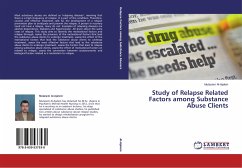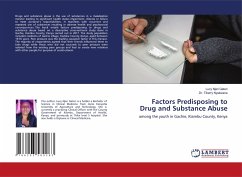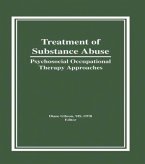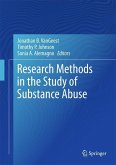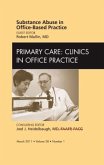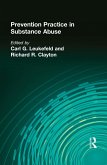Most substance abuses are defined as relapsing diseases , meaning that there is a high frequency of relapse. It is part of the condition. Therefore, caution and effective treatment calls for the development of a relapse prevention plan to anticipate and prevent the relapse. A person in recovery need not have a relapse, many do not. Examples of relapsing diseases are alcohol dependence, diabetes and hypertension. All share about the same rates of relapse. This study aims to identify the motivational factors and relapse through: assess the presence of the motivational factors that lead the substance abuse clients to undergo treatment, assess the effect of the motivational factors that lead the substance abuse clients to undergo treatment, assess the most effective factors that lead to the substance abuse clients to undergo treatment, assess the factors that lead to relapse among substance abuse clients, assess the effect of motivational factors on related to relapse, assess the connection between socioeconomic and biological factors related as a motivation to relapse.
Bitte wählen Sie Ihr Anliegen aus.
Rechnungen
Retourenschein anfordern
Bestellstatus
Storno

